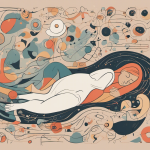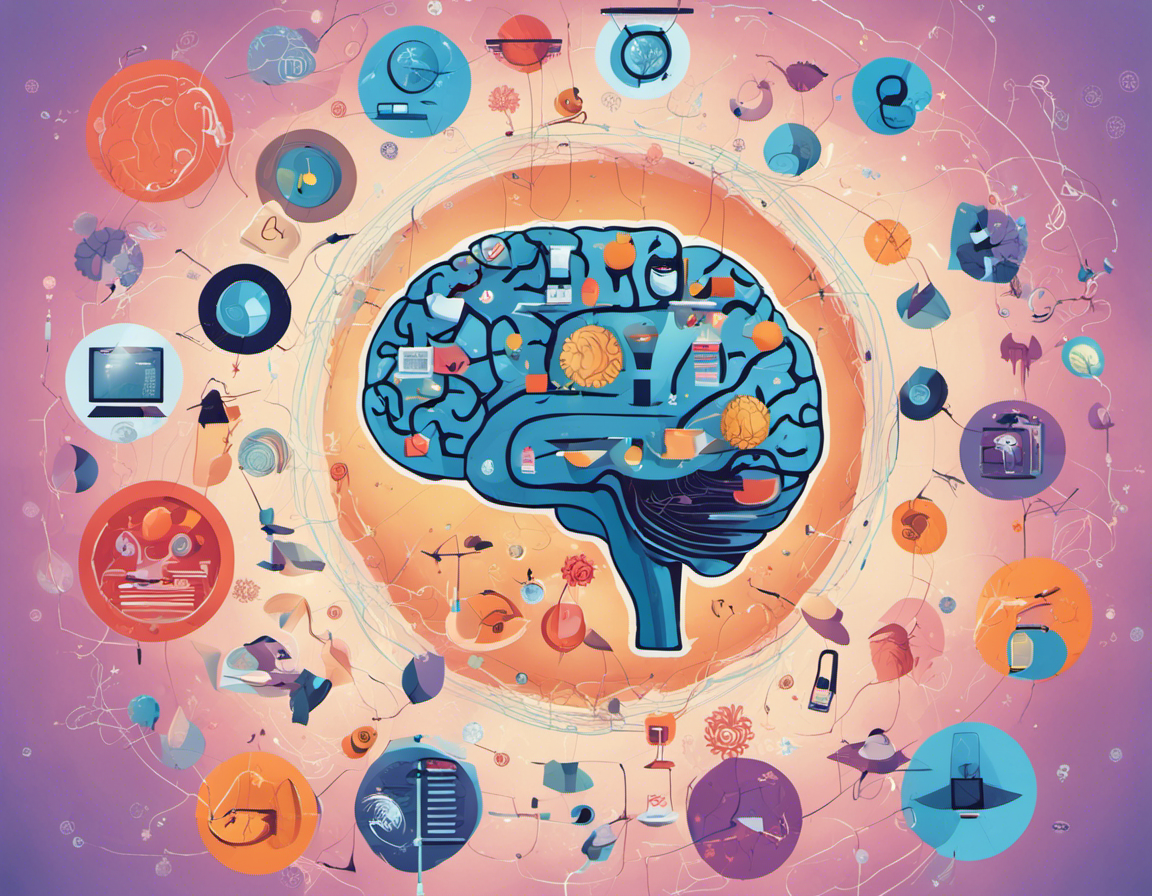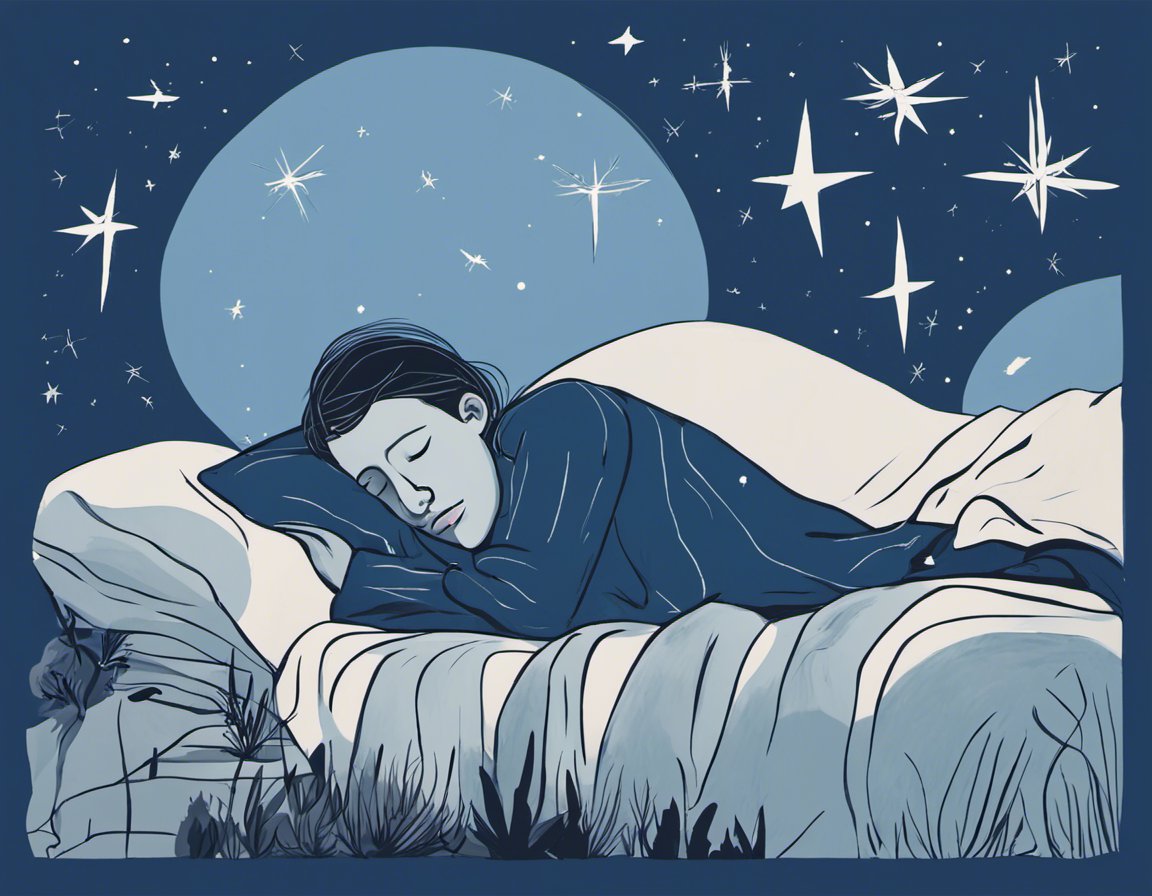You toss and turn in your bed, wrestling with a good night’s rest. Perhaps you’ve pondered the reason behind your torment. Could it be the ghost of today’s unhealthy snack making its presence known? Intriguingly, there’s more to diet and sleep than meets the eye.
Welcome to a journey exploring the intricate relationship between what we eat and how well we sleep. This article unpacks the health consequences of poor sleep nutrition, shedding light on the alarming cycle that could leave us locked in a state of constant exhaustion. By understanding the vital role of a balanced diet in sleep regulation, you might unlock the secret to peaceful slumber.
But brace yourself as you witness a remarkable revelation, often overlooked yet profoundly impactful: The relevance of hydration for quality sleep. As you navigate through the food landscape, you’ll uncover specific foods that could champion your sleep quality or be potential culprits disturbing it, not forgetting the hidden impacts of everyday substances like alcohol and caffeine.
To supplement this, we will delve into the roles that vitamins and minerals play in your sleep quality. By the end of this exploration, you’re sure to be equipped with insights that promise improved sleep through mindful eating. So sit back, relax, and prepare yourself for the intriguing correlation between diet and the pursuit of good sleep!
Understand the Correlation Between Diet and Sleep
Understanding the intricate relationship between diet and sleep can be a game-changer for overall well-being. Our diet and the food choices we make daily impact not only our physical health but our sleep patterns, as well. When we delve deeper into this correlation, we begin to see how specific nutrition can promote better sleep quality or how particular eating habits can hinder it.
The Impact of Diet on Sleep Quality
In evaluating how diet affects sleep quality, we can consider two distinct perspectives: How eating certain foods can enhance or disrupt sleep and how the timing of our meals interferes with our sleep cycle.
Consuming foods high in sugar and unhealthy fats often results in restless and interrupted sleep. This is because these foods take longer to digest and cause discomfort, resulting in frequent awakenings throughout the night.
On the other hand, certain dietary elements can promote better sleep. Tryptophan-rich foods such as turkey, cherries, and milk stimulate the production of serotonin and melatonin, hormones that regulate the sleep-wake cycle. Choosing such foods for dinner can promote better sleep quality.
The timing of meals is also a significant factor in sleep quality. Eating close to bedtime, especially heavy meals, can cause indigestion or heartburn, leading to disturbed sleep. Eating balanced meals at regular intervals, with the final meal several hours before bedtime, is recommended for optimal sleep patterns.
Health Consequences of Poor Sleep Nutrition
Poor sleep nutrition has far-reaching health implications. It not only results in frequent disruptions in the nightly rest but also increases our susceptibility to various health disorders. Regular episodes of poor sleep caused by unhealthy dietary habits could lead to chronic insomnia or create circadian rhythm disorders.
Persons experiencing poor sleep are also more likely to turn to caffeine or sugary snacks for a quick energy boost, thus igniting a vicious cycle of poor eating habits and resultant disrupted sleep. In the long run, this pattern increases the risk of obesity, diabetes, and cardiovascular diseases.
The Role of a Balanced Diet in Sleep Regulation
Optimal sleep relies heavily on a balanced diet. Consuming a wide range of nutrients and maintaining a good balance of proteins, healthy fats, and carbohydrates is critical for sleep regulation.
A well-balanced diet not only ensures an adequate supply of nutrients like magnesium and B vitamins necessary for producing sleep-regulating hormones but also helps maintain a stable blood sugar level, preventing middle-of-the-night awakenings.
Including fiber-rich foods in the diet can prevent night-time awakenings due to hunger pangs. Essential fatty acids from sources like fish, nuts, and seeds are believed to enhance sleep quality by promoting the release of melatonin.
Understanding the role of dietary choices and their impact on restful sleep is an integral part of sleep hygiene practices. Alongside establishing a consistent sleep schedule and creating a conducive sleeping environment, developing healthy eating habits can significantly enhance sleep quality, promoting overall well-being.
The Importance of Hydration for Good Sleep
Hydrating sufficiently is a fundamental element in maintaining overall health, and it plays a particularly vital role in promoting good sleep. Water aids in distributing necessary nutrients throughout the body and the elimination of toxins, tasks that are integral to our body’s rest and repair functions that occur during sleep. Dehydration can disrupt this process, leading to poor sleep quality. Manifestations of dehydration include dry mouth, thirst, and nocturnal leg cramps, all of which can interrupt sleep. It’s essential to prioritize drinking enough water throughout the day and being mindful about fluid intake close to bedtime to avoid waking up for bathroom breaks.
Foods that Promote Better Sleep
Diet tremendously impacts sleep patterns and overall sleep quality. Consuming foods that are rich in tryptophan, an amino acid that helps produce serotonin— a neurotransmitter that promotes sleep, can enhance your body’s natural sleep-wake cycle. Foods high in tryptophan include turkey, pumpkin seeds, and cheese. Additionally, consuming magnesium-rich foods, like nuts and seeds, can help improve sleep quality, particularly for those who suffer from insomnia. High-fiber foods are also linked with deeper and more restorative sleep, highlighting the importance of integrating whole grains, nuts, seeds, fruits, and vegetables in your diet for optimum sleep health.
Negative Effects of Alcohol and Caffeine on Sleep
While the initial effect of alcohol may make you feel drowsy, it has been proven to disrupt the sleep cycle as it metabolizes in your system overnight. Alcohol suppresses melatonin production, which can create difficulties in falling asleep or staying asleep. Moreover, it may cause sleep disturbances and exacerbate snoring or sleep apnea conditions.
Caffeine is a powerful stimulant that can cause reduced total sleep time, decreased sleep efficiency, and more prolonged sleep onset latency. Consuming caffeine close to bedtime can significantly impact your ability to fall asleep or maintain restful sleep throughout the night.
Role of Vitamins and Minerals in Sleep Quality
Vitamins and minerals are pivotal in regulating sleep. For instance, calcium works together with tryptophan to create melatonin, a hormone that controls your body’s sleep-wake cycle. Magnesium is another critical mineral that aids in sleep regulation as it promotes the activation of the parasympathetic nervous system, which is vital for relaxing and preparing your body for sleep. It is also essential to note the role of B vitamins in optimizing sleep. Vitamins B3, B5, B6, B9, and B12 have been linked to better sleep by regulating melatonin and serotonin levels. A deficient level of these neurochemicals can lead to insomnia. Therefore, focusing on a diet rich in these vitamins and minerals can substantially improve sleep quality.
Conclusion
Understanding the powerful connection between diet and sleep is the first step towards blissful nights and energized days. The quality of our sleep profoundly hinges on our nutritional intake, from daily hydration to the balanced spread of vitamins and minerals in our meals. Substances like caffeine and alcohol, though they may offer temporary solace, play a significant role in disrupting this harmony.
Remember, mindful eating goes beyond just what’s on your plate. It involves when you eat and how those foods interact with your body’s rhythms. If we feed our bodies correctly and consciously, it encourages better sleep patterns that embellish our overall well-being.
The journey to better sleep through nutrition does not end here. This article merely introduces you to the undeniable interplay between what we eat and how we sleep. Now is your chance to dive deeper. Perhaps start by reviewing your eating habits or investigating more about how different foods may affect your sleep quality. Embrace this knowledge, and start your path towards healthier routines for a rejuvenated life tomorrow!









